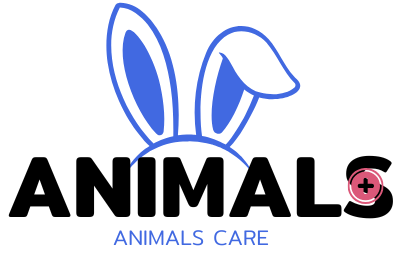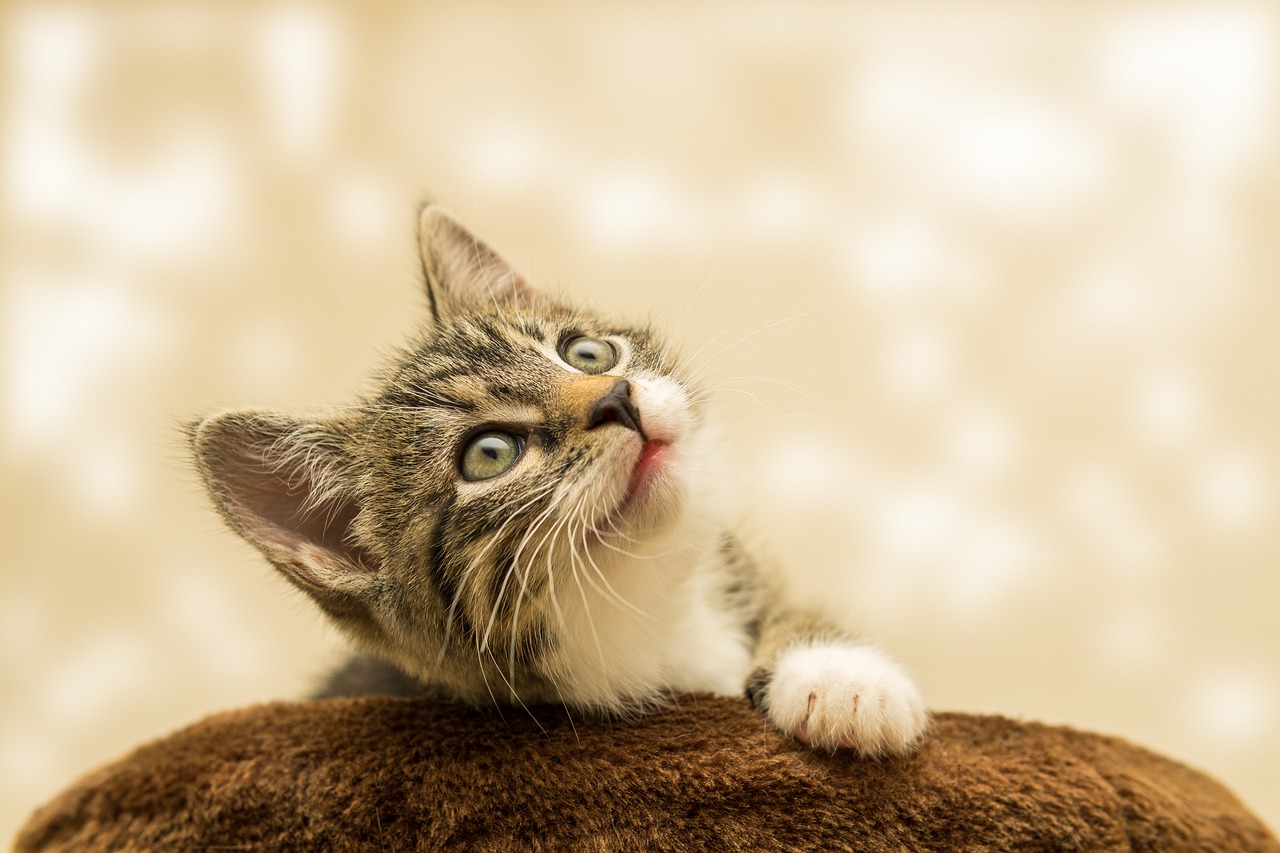The cat is a wonderful companion. She brings warmth into our lives, laughter, and an element of serenity that can be missing from our lives otherwise. So caring for a cat is more than just providing her with a warm bed and sporadic cuddles, but nutrition, health, and special needs improve your pet’s quality of life at its best.
Whether you have a playful kitten, care for a senior cat , or have a special breed like a Persian, this guide covers everything you need to know to keep your feline healthy and happy.
1. The Basics of Cat Care: Love and Responsibility
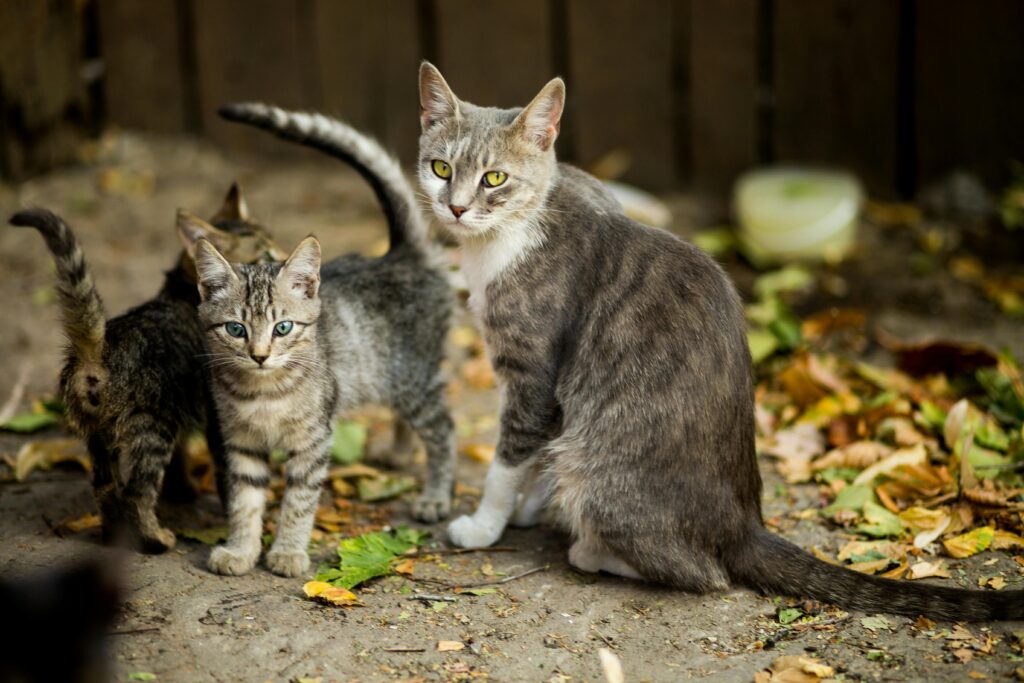
While cats may appear independent, they look to their human caretakers for much more than just food. Proper cat care includes creating a safe, loving, and stimulating environment.
Essentials Every Cat Parent Should Know
1. A Safe and Enriching : Home Cats are natural explorers and love to climb, jump, and investigate. Ensure your home is safe by:
- Removing toxic plants like lilies, tulips, and aloe vera.
- Hiding cords and wires that your cat might chew.
- Providing scratching posts to satisfy their need to scratch.
- Setting up cat trees or shelves for climbing and observing.
2. Balanced Diet High-quality feeding cat food maintains the overall health of your cat. Make their diet suitable to their age, size, and health requirements.
3. Grooming Essentials
- Groom regularly: Brush their fur to keep free from tangles and shedding.
- Cut nails: Trim their nails every 2–3 weeks in order to prevent overgrowth.
- Clean the ears: Clean their ears gently using a cotton ball to prevent infection.
4. Routine Health Check-Ups Schedule annual vet visits to keep your cat in top shape. Regular check-ups can detect dental problems, weight changes, or hidden illnesses early.
Building a Strong Bond: Cats may appear aloof, but they love attention and affection. Spend time with them daily—whether it’s through play, gentle petting, or just sitting together. This helps strengthen your bond and makes them feel secure.
2. Nutrition: Choosing the Right Cat Care Cat Food
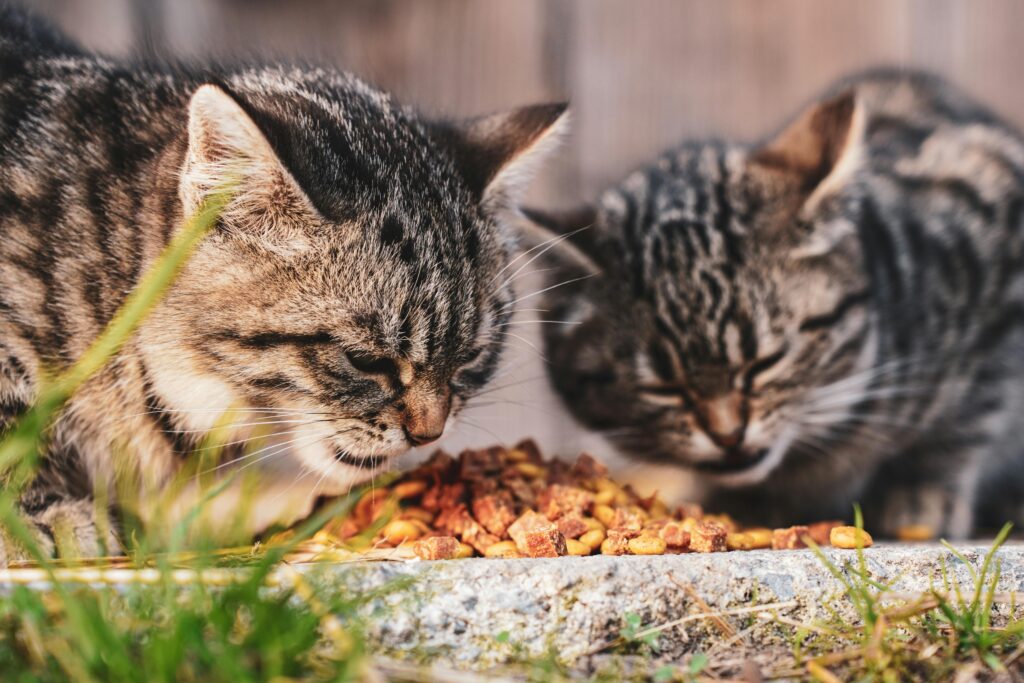
Your cat’s diet is the basis of their health. With all the choices out there, selecting the right cat care cat food can be overwhelming. Here’s how to choose the best.
Understanding Your Cat’s Dietary Needs : A cat is an obligate carnivore. This means they must eat meat or die. In all respects, a cat’s body is built to digest and use nutrients from animal proteins.
Key Nutrients Your Cat Needs:
- Protein: Muscle maintenance and energy requirement. Choose a high-quality protein source such as chicken, fish, or turkey.
- Taurine: Heart health, vision, and reproduction support. In cats, it is not produced in adequate amounts.
- Omega-3 and Omega-6 Fatty Acids: Enhance healthy skin and promote that glossy coat.
- Vitamins & Minerals: The main foundation for overall immunity and strong bones.
Feeding Your Cat by Life Stage
- Kittens (0–12 months): Kittens need foods that are very rich in calories and proteins to support their fast-growing lifestyles. There are specially developed kittens’ food containing DHA for brain development.
- Adult Cats (1–7 years): Balanced nutrition maintains adult cats in health and activity. Look for food labeled for maintenance, and avoid feeding too much to prevent obesity.
- Senior Cats (8+ years): Older cats often do well on foods that are easier to digest and have ingredients that help support joint health. For older cats, wet food or softened dry food can be softer on aging teeth.
Wet Food vs. Dry Food: What’s Best?
Wet Food:
- Has high moisture content. Keeping your cat hydrated
- Ideal in softer texture for weaning kittens and older cats with dental problems.
- Generally tastes better. Picky eaters tend to eat more.
Dry Food:
- Much easier to store and serve.
- Promotes oral health due to less plaque formation.
- Ensure the cat drinks much water in addition to the dry feed to hydrate him or her.
- Specific Diets for Specific Requirements
Some cats have special requirements, and specific foods serve their specific purposes:
Grain-Free Cat Food: Ideal for sensitive stomach cats and allergic cats.
Weight Management Diets: Low-calorie diets are specifically designed in order to provide optimal weight management in an overweight cat.
Prescription Diets: Kitties with kidney disease, diabetes, or urinary issues. Ask your veterinarian for a prescription . ” cat care cat food “
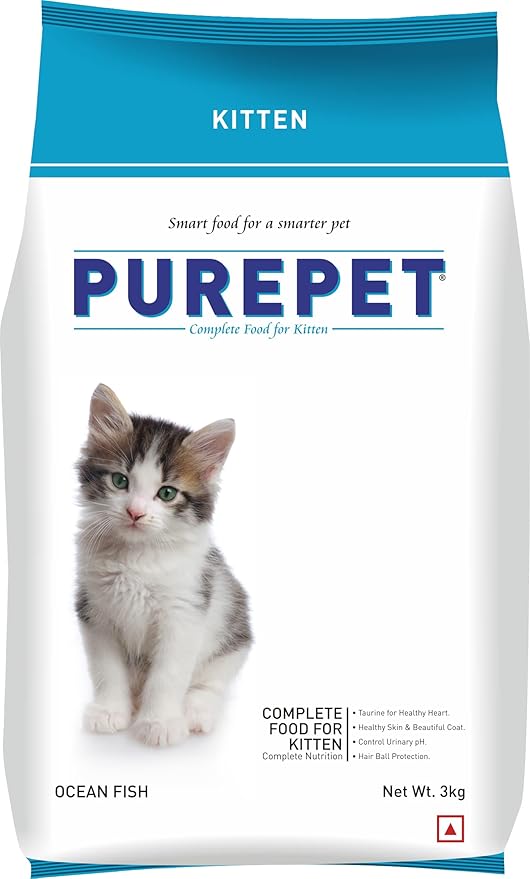
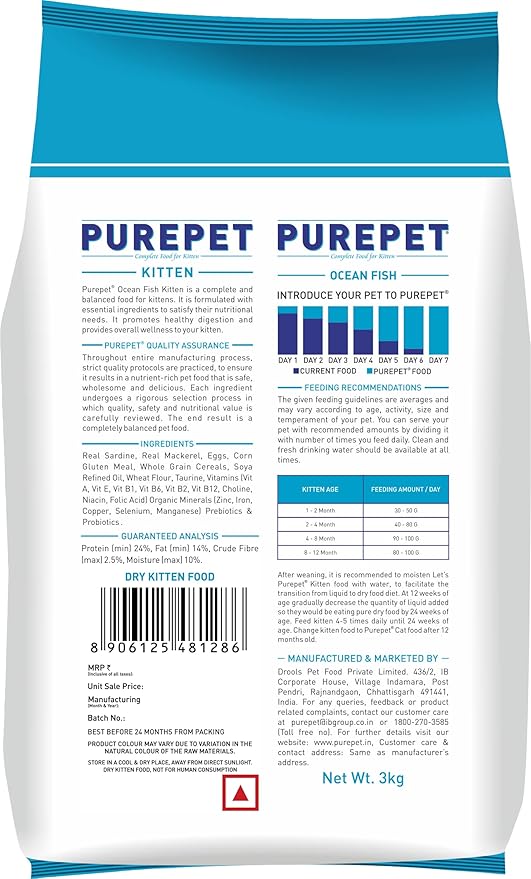
Purepet Kitten(1-12 Months) Dry Cat Food, Ocean Fish 3kg Pack
| Brand | PUREPET |
| Flavour | Seafood |
| Age Range (Description) | Kitten |
| Item Form | Dry |
| Specific Uses For Product | Sensitive Stomach, Immunity, Hairball Control |
| Special Ingredients | Prebiotic,Probiotic |
| Net Quantity | 3000.0 gram |
| Number of Items | 1 |
| Package Information | Bag |
| Item Weight | 3000 Grams |
3. Caring for Kittens: Starting Off Right
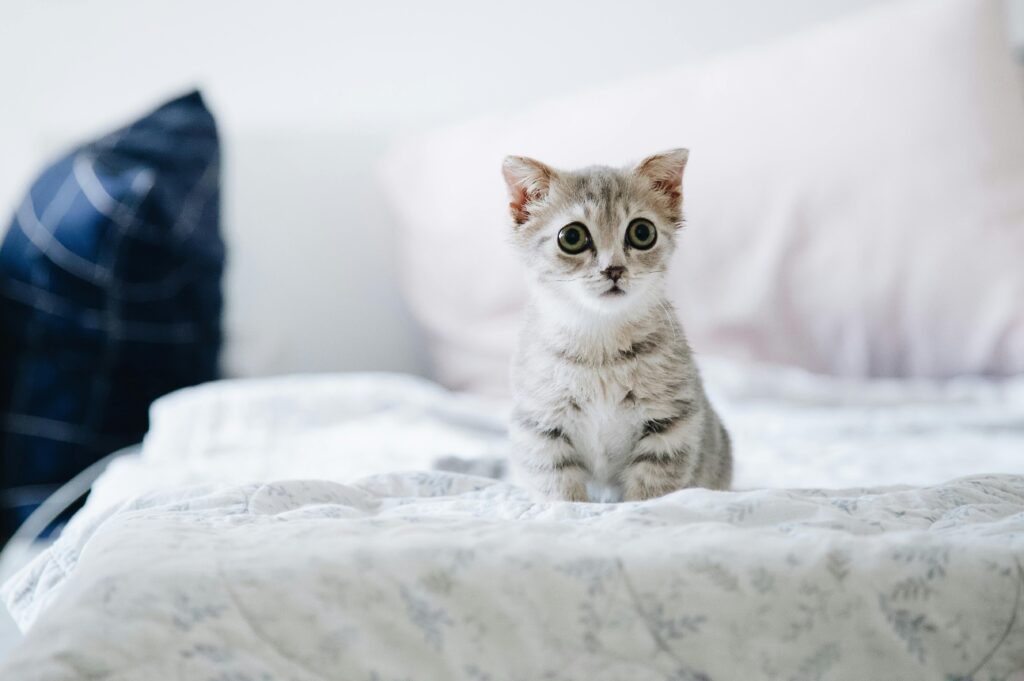
Kittens are the young of domestic cats. Kittens are born blind and deaf, but they develop their senses gradually. Their most critical growth and development occurs in their first months of life.
Feeding Your Kittens
- 0-4 weeks: Mother’s milk, or kitten formula
- 4-8 weeks: Gradually introduce canned kitten food.
- 8+ Weeks: Transition to top-of-the-line cat care cat food for kittens.
Socialization and Training
- Handle kittens gently and with a gentle hand to win their trust.
- Expose kittens to a variety of locations and people.
- Begin litter training early using a small, easily accessible litter box.
- Health Necessities
- Schedule vaccinations at 6 weeks or so.
- Schedule regular deworming.
- Monitor for signs of illness: lethargy, lack of appetite.
4. Persian Cats: Special Needs for a Lovely Breed
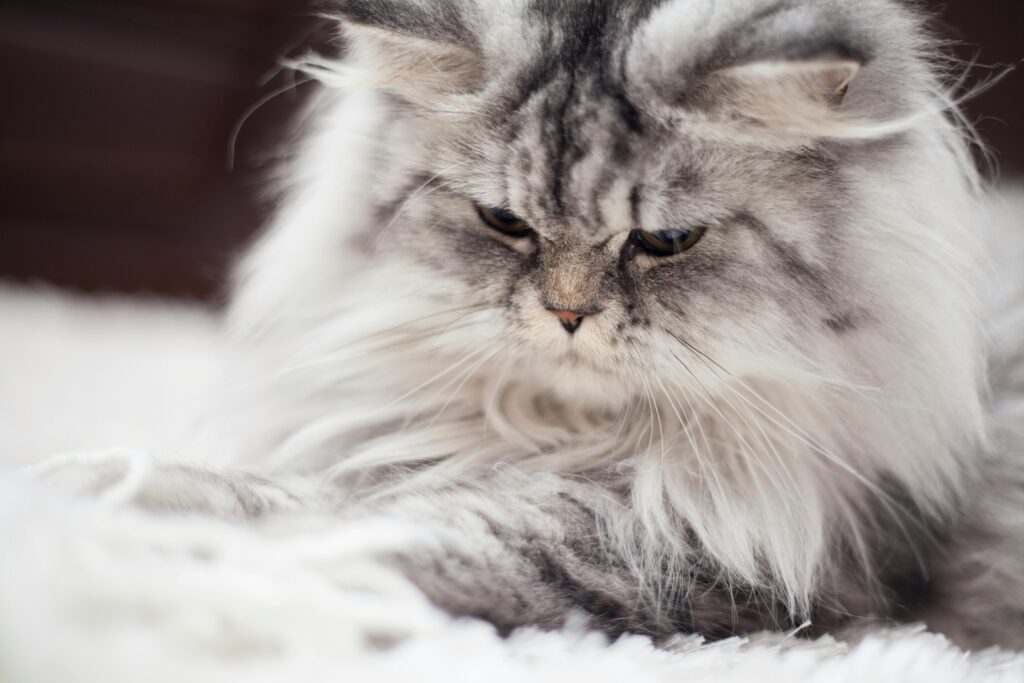
Known for their beautiful fur and sweet nature, Persian cats do need some special care. If you already have a Persian cat or are considering getting one, here’s what you need to know : ” cat care cat food “
Grooming Your Persian Cat
Persian cats are beautiful, but their long, thick fur requires a lot of attention. Without the right care, their coats can become tangled or matted. Here’s how to keep them looking their best:
- Brush Every Day: Persian cats need daily brushing to prevent mats and tangles in their fur. Use a wide-toothed comb or a slicker brush to gently untangle their fur.
- Clean Their Eyes Daily: Persian cats have tear stains. This is a very simple task to keep their eyes clean, free from stains, and clean. For this purpose, a soft, damp cloth could be used.
- Bath Time: Persians like a bath once in a month to remain shiny and healthy. Use something as gentle as cat-safe shampoo to avoid irritated skin.
- Trim Their Nails: Just as any other cat, Persians require their nails to be trimmed every couple of weeks. This will ensure that their paws stay healthy and pain-free.
Nutrition for Persian Cats
Quality food is essential in ensuring that your Persian cat stays healthy and has an excellent coat. Proper nutrients form the backbone of their health, and quality cat care cat food forms a huge part of this.
- High-Quality Diet: Feed your Persian a high-quality cat food that is rich in omega-3 fatty acids, which keeps the fur silky and smooth. Look for foods with good amounts of protein and healthy fats.
- Wet Food vs. Dry Food: Wet food can be a great option for Persians because it keeps them hydrated, and its soft texture is easier on their mouths, especially for older cats. Dry food can also be beneficial, as it helps keep their teeth clean. Make sure your Persian always has fresh water to drink, especially if you’re feeding dry food.
- Protein-Rich: As Persian cats are susceptible to gaining weight, they need to be fed with protein-rich foods that help them support muscle mass minus extra fat.
- Hydration: Persian cats can be finicky about drinking water, so adding some wet food into their diet is great for keeping them hydrated.
Health Issues in Persian Cats
While Persian cats are affectionate, they are subject to some diseases. Routine check-ups with the vet are imperative for early detection and treatment.
- Breathing Problems: Persians have a flat face, which sometimes causes them breathing trouble. Diseases such as brachycephalic airway syndrome bring labored breathing or snoring. If your Persian is experiencing breathing difficulties or is uncomfortable while breathing, take him to the vet.
- Kidney and Heart Conditions: Persians seem to be more susceptible to kidney problems and heart conditions like hypertrophic cardiomyopathy. So, regular check-ups by the vet would ensure that the health of your cat is being monitored closely and any issues are discovered early.
- Dental Health: These cats are prone to dental conditions including gingivitis and periodontitis. Brushing their teeth or giving dental treat is an excellent way to keep their mouth healthy.
- Polycystic Kidney Disease (PKD): It is a common genetic disease in Persians which causes kidney issues. Routine visits to the vet and pre-screening are the ideal methods to monitor kidney conditions.
- Other Special Needs of Persian Cats
- In addition to their health needs, Persians have some personalities that require special care and attention.
- Tranquil, Quiet Environment: Persians are not fond of a boisterous environment. They won’t quite play fetch or jump around like some other breeds. Instead, they adore lying around, looking out the window, or curling up into a soft spot. Make sure you have a quiet space for them to relax.
- Respect Their Boundaries: They love to cuddle, but Persian cats are not needy. They love their independence and require their private time. Let them come to you for cuddles. Respect when they require some alone time.
- Indoor Cat: Persians have thick coats. Their easy overheating without proper cooling might hinder them, especially in warm climates. Therefore, they should remain indoors for better cooling and protection from other predators.
5. Befriend a Pregnant Cat: A Complete Guide
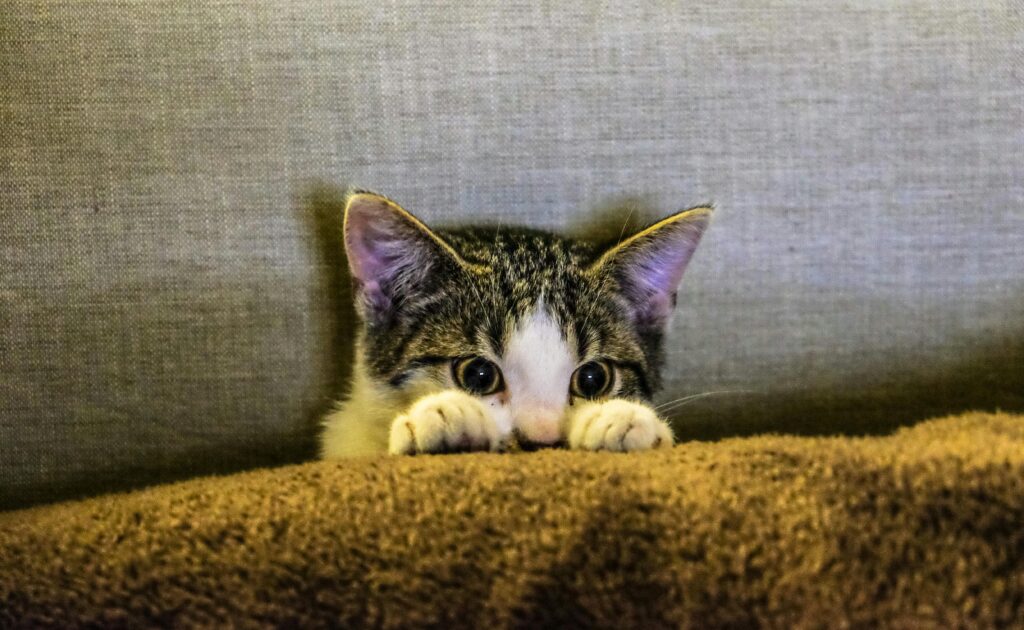
Because a pregnant cat’s health is connected to the health of her kittens, it is paramount to properly take care of her before, during, and after giving birth. Here’s an easy and detailed guide for you to help keep your cat healthy.
Pro-Whelping Stage (Before Labor)
Before your cat gives birth, she will need special care that shall keep her healthy and prepare her for labor.
Change Her Diet: Pregnant cats require more nutrients than usual. Feed her kitten food. Kitten food has a lot more calories and nutrients, so she will stay strong and have enough energy. Plus, it will enable her to produce as much milk as possible for the kittens when they’re born.
Provide a Cuddle Room: Your cat may need a quiet peaceful place to retreat and can have a good time; therefore, create a nesting area for her where she feels safe and can retire. The place should be away from loud noises, other pets, and distractions. Let the area be warm, with soft fabrics such as blankets and towels for her to rest on.
Regular Vet Visits: It is essential that you take your cat to the vet for check-ups. This way, the vet will be sure that the pregnancy is going right and that everything’s okay with your cat. They may give you some advice concerning what to expect in the future and if any extra care is needed.
Signs of Labor (When the Cat Is About to Give Birth)
As your cat’s due date approaches, she will show signs that labor is near. Here’s what to watch for:
Restlessness: When labor starts, your cat might begin to pace around or move restlessly. She may walk around the room, meow, or act anxious. This is normal as she is getting ready to give birth.
Nesting Behavior: Your cat will seek out a quiet, secluded area where she can give birth. She may begin to arrange bedding or attempting to create a space to deliver the kittens. If she does this, it means she is preparing to give birth.
Decreased Appetite: As the whelping time draws near, your cat would probably not have a high appetite or would not eat at all. This is okay, but she should still have a source of water to drink during this time.
Post-Whelping Period
After your cat has delivered, these are also other things you have to do to care for her and the kittens ” cat care cat food ” .
Check the Kittens: Once the kittens arrive, ensure that they are nursing accordingly. Kittens must have milk from the mother for their adequate nutrition and antibodies to prevent sickness. If one kitten looks weak and is not nursing, you may need to encourage it to latch onto the mother.
Feed the Mother: Your cat will need a lot of energy while she is caring for her new kittens. Ensure she has enough food and fresh water on hand. If she’s still nursing, you can keep feeding the kitten food; this will provide extra calories and nutrients. Ensure she has enough food for herself and her kittens ” cat care cat food ” .
Keep the Area Clean and Warm: The room in which the mother and kittens are staying must be clean, dry, and free from drafts. Ensure that it is warm enough where the kittens may sleep comfortably. You can keep a heating pad on low under the bedding or wrap some hot water bottle in a towel and place it next to them to keep them warm but not too hot.
Monitor the Mother’s Health: The cat may require a good few days to recover after birth. Keep an eye out if she seems not quite herself-you should check for fever, refusal to eat, and other such behaviour . Contact the vet immediately if anything seems unusual.
Some Other Tips for New Mother Cats
Give Her Space: After giving birth, your cat may crave privacy. Try giving her as much space with her kittens as she’ll allow. She may feel stressed or protective at this time; therefore, treat her gently and disturb her as little as possible ” cat care cat food ” .
Clean Kittens: While the mother may clean off the kittens herself, keep them warm and dry following birth. If the mother kitten doesn’t clean them, you can gently clean them with a warm, damp cloth.
Monitor for Complications: If your cat is having problems with labor, if she produces only a few kittens, or if she seems to be straining in pain for an extended period, call your vet immediately. There may be complications that need medical attention.
Providing proper nutrition, a safe environment, and vigilance to watch for labor signs are the ways by which you can ensure that your pregnant cat becomes safe and healthy for her pregnancy and birth. Then, by giving her and her kittens proper care, you will also give them a healthy and strong life. Keep it all calm, take good care of them, and seek veterinary help if necessary, of course. ” cat care cat food ”
6. Indoor Cat Care for a New Owner
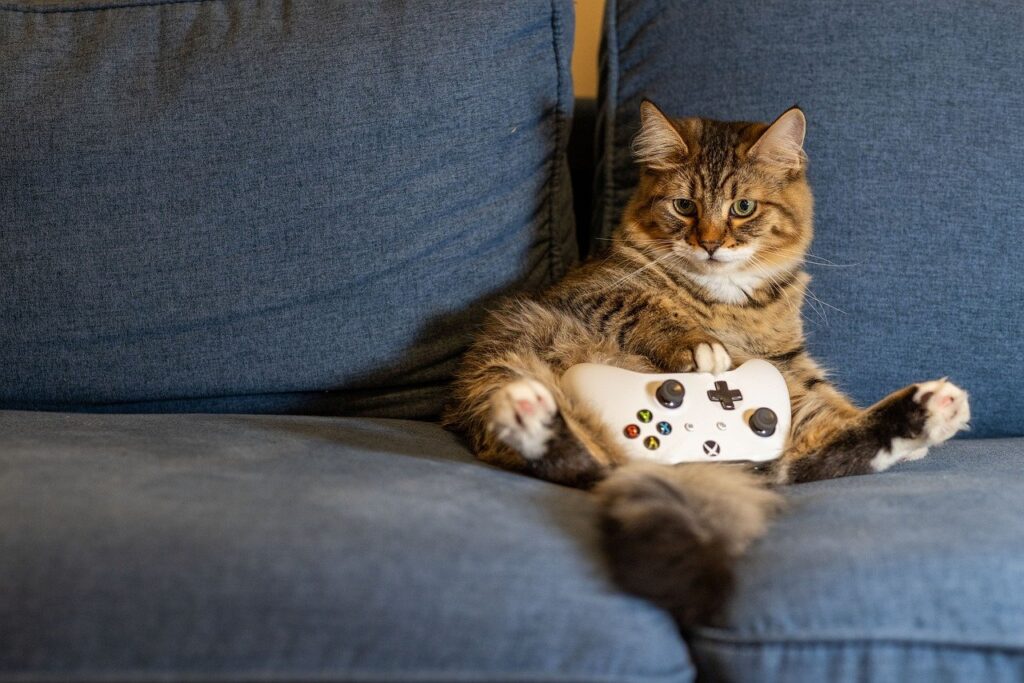
The care of an indoor cat is different from that of an outdoor cat, and they will need special attention to keep both their minds stimulated and their bodies healthy. Having an enriched environment, staying on top of their health, and keeping their litter box clean will ensure your cat thrives. Here is a more detailed guide to making sure your indoor cat lives happily throughout life.
Creating an Enriching Environment for Your Indoor Cat
Indoor cats might get bored when not stimulated enough, just as outdoor cats. Therefore, they need activities to keep them intrigued as well “
Scratching Posts Cats innately scratch. In addition to helping them stretch their muscles and mark their territory, scratching posts keep the cat’s claws healthy. Placing scratching posts or pads in different rooms throughout your home will prevent the cat from scratching other furniture. Make sure the posts are high enough for your cat to fully extend at the point of scratching.
A cat tree or climbing shelves will give cats a space to climb, scratch, and even rest on the elevated surfaces, and it is known that, by nature, climbing is one of the favorite habits of cats; they love to go high. This is helpful not only to keep them fit but also to provide them a safe vantage point from where they can observe their surroundings.
Puzzle Feeders: Cats need mental stimulation, too, and that is especially so if they do not get a chance to hunt or explore outside. Slow down the rate of eating and give them mental stimulation with puzzle feeders. These particular feeders require your cat to figure out how to let the food out, challenging them and keeping them engaged and mentally active ” cat care cat food ” .
Window Perches for Birdwatching: Cats enjoy bird and other lifeforms that live outdoors. Setting up a window perch lets your cat have a “natural” way of entertaining themselves. They can pass the time watching birds, squirrels, and people passing by from the comfort of your home, both relaxing and mentally stimulating.
Health Considerations for Indoor Cats :
It’s crucial to stay on top of your cat’s health to ensure they live a long and happy life indoors.
Vaccination & Parasite Prevention: Just because your cat stays indoors does not mean that they are not vulnerable to certain diseases or parasites. Make sure your cat gets its vaccinations completed for a healthy life free of diseases. Furthermore, keep them safe and away from parasites such as fleas, ticks, and worms, which pose risks even in your home. Regular vet check-ups are necessary to maintain their good health.
Monitor Weight & Diet: Indoor cats are less active than their outdoor counterparts, so tend to be more susceptible to weight gain. In fact, indoor cats should have their weight monitored regularly, and their diet adjusted if necessary. Indoor cats generally have fewer calories and need a well-balanced and nutritious diet-a quality cat food that serves their needs.
Litter Box Care
A clean litter box will keep your cat healthy and feeling comfortable. Cats are clean animals by nature, and a soiled litter box will cause behavioral problems, like urinating outside the box ” cat care cat food ” .
Choosing the Right Litter Box: It is very important to choose the right litter box for your cat. It has to be large enough for your cat to move around comfortably and dig in it. There are so many types of litter boxes available; some are covered, others are not, while there are the self-cleaning boxes. Choose what your cat prefers.
Choosing the Appropriate Litter: Cats can be finicky when it comes to choosing litter. You may need to try several different kinds until you find one your cat likes. Some cats will prefer clumping litter while others will like non-clumping. Maybe they prefer scented or unscented. Just keep experimenting until you find what works best.
Litter Box Maintenance: Scoop the litter box daily. Removing feces/waste regularly assists in the prevention of odor and maintains a healthy environment for your cat. Once a week, change all the litter and wash the litter box with mild soap and water to maintain cleanliness ” cat care cat food ” .
More Tips on Keeping Your Indoor Cat Happy and Healthy
Interactive Play: Spend some time daily with the playing of your cat for him to be active. Use feather wands, laser pointers, or balls to engage him. This makes prevent boredom and promotes physical exercise.
Hideaway Security: Cats love a safe place where they go during times of stress, making them want to hide away. This can be provided through a cozy quiet haven where your cat can get some quiet time.
By providing a stimulation and comfortable environment for your indoor cat, maintaining their health, and keeping the litter box spick and span at all times, you can assist your feline to live happily and healthy indoors. Remember, little more effort will go a long way to keep your indoor cat content and active! ” cat care cat food ”
7. Older Cats: Maintaining Older Cats
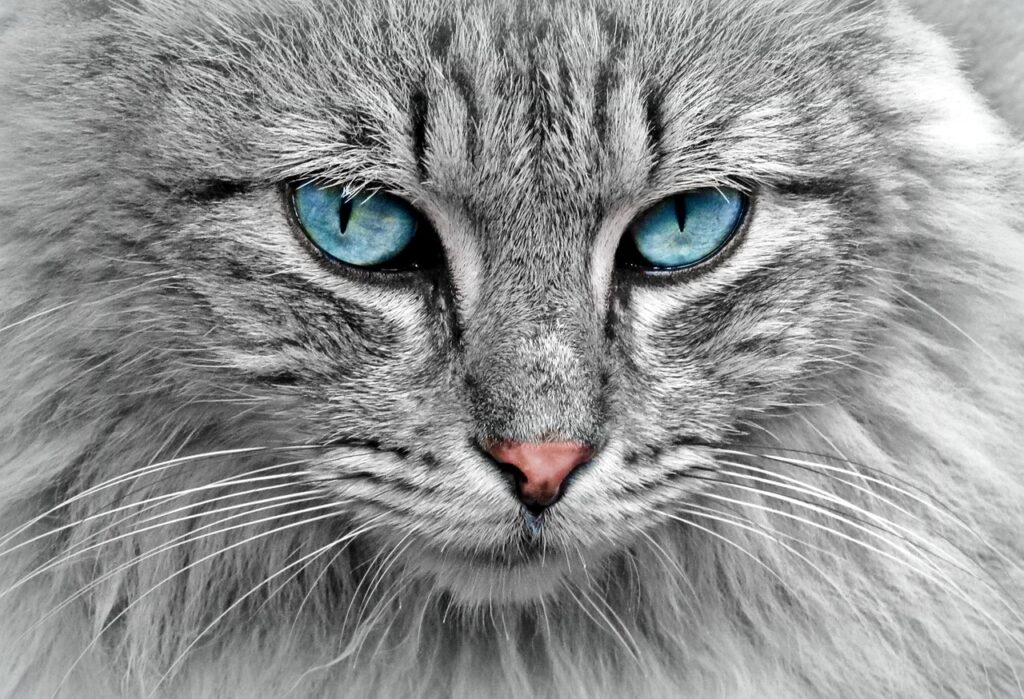
Older cats have specific care needs to be modified to accommodate aging.
Changes to Diet
- Switch over to senior-specific cat care cat food
- Emphasize in joint health-supportive and digestive health supporting foods
- Changes to Monitor Your Cat’s Health
- Annual check ups at veterinarian’s office
- Monitor for indicators of arthritis, dental concerns, or vision loss.
- Comfort and Mobility
- Supply soft bedding and accessible resting locations.
- Use ramps or steps to access tall places. ” cat care cat food ”
How to care for a cat ?
Caring for a cat means providing them with balanced nutrition, regular vet checkups, and a safe, loving environment. Keep their litter box clean, offer stimulating toys, and always ensure fresh water is available. Most importantly, shower them with affection—they love being pampered!
How to take care of a Persian cat?
Persian cats require more attention because of their silky coat. Brush the fur daily to prevent matting and clean the eyes softly to avoid tear stains. A well-balanced diet rich in nutrients will keep their coat shiny, and regular visits to the vet are a must to monitor their health.
How to take care of a cat?
Providing a warm bed, quality food, and regular playtime are the keys to a happy, healthy cat. Do not forget to keep the vaccinations up-to-date and spend time bonding with your feline friend. Cats love routine, so keep their feeding and playtime schedules consistent.
How to take care of a pregnant cat?
Provide a quiet, comfortable place for the pregnant cat to rest. Feed her nutrient-rich food, often kitten food, in support of her and the growing kittens. Keep track of her health, and see your vet for guidance as she reaches her due date.
How to take care of a baby cat?
Baby cats (kittens) require warmth, proper feeding every 2 to 3 hours for babies, and safety. Administer kitten milk replacer if their mom does not feed them. Gradually introduce wet kitten food for them as they grow and bring them to the clinic for on-time vaccinations.
How to care for a Siamese cat?
Siamese cats are highly social and vocal. They respond well to companionship. Spend time playing and even interacting with them daily. Keep their diet balanced by providing scratching posts to keep healthy claws. Regular grooming of their short coat will maintain it sleek and shiny, too.
Care for a Siamese cat?
Siamese cats love attention, so they need plenty of mental and physical stimulation. Offer puzzle toys and interactive games to keep them engaged. Also, make sure their diet supports their active lifestyle, and don’t forget regular vet checkups.
How to take care of a pregnant cat?
Creating a stress-free environment and feeding her high-quality, protein-rich food should be the way to take care of a pregnant cat. Keep her indoors and monitor her behavior to make sure she doesn't deliver in the house. Have a cozy birthing area ready for when the time comes.
How to care for a sick cat at home?
A sick cat needs rest, hydration, and proper medication as prescribed by your vet. Keep their environment clean and calm, and encourage them to eat with tempting, easy-to-digest food. If symptoms persist or worsen, consult your vet immediately.
Do cats care about their kittens?
Yes, they are naturally nurturing mothers of their kittens. They will groom them, feed them, and instruct them on how to survive on their own. Yet sometimes, some cats will require intervention if they do not have experience or get frustrated easily, so keep watch and step in when appropriate.
Is Cat Care good for cats?
Yes, Cat Care is generally a good choice for cats because it is specifically designed to meet their nutritional needs. It often contains proteins, vitamins, and minerals that contribute to the health of a cat. However, always look at the ingredients and consult your vet for the best choice for your cat's specific needs.
Which is the best food for cats?
The best foods for cats depend on age, health status, and personal preference. Premium brands include Royal Canin, Hill's Science Diet, Me-O, and Whiskas. Select meals that are high in protein, low in fillers, and tailored to your cat's life stage: kitten, adult, or senior.
What ingredients does Cat Care contain?
Cat Care cat food contains chicken or fish-based protein, grains such as rice or wheat, and important vitamins such as taurine, which helps maintain a healthy heart and eyes. Other formulas may also include omega fatty acids for a shiny coat and probiotics for digestive health. Always read the label to know what is in the food and avoid foods with artificial additives.
Is Me-O better than Whiskas?
Both Me-O and Whiskas are popular cat food brands that have their strengths.
Me-O: Known for its affordability with good flavor variety, it contains taurine and omega fatty acids, but has a slightly higher grain content.
Whiskas: It offers a more premium feel, with specialized formulas for kittens, adults, and seniors. It is high in protein and usually has better quality control. The final choice depends on your cat's preferences and nutritional needs. Some cats may prefer the taste of one brand over the other, so you have to experiment to see what works best.
Cat Care Cat Food Review
Cat Care is a popular brand among cat lovers because it guarantees that cats are given well-balanced nutrition. It comes in dry and wet food to suit the various life stages of cats. Owners love the high protein, which helps in the growth of muscles, and taurine for the health of the eyes and the heart .
Advantages:
Affordable price range
Variety of flavors for picky eaters
Contains all the nutrients that would keep your cat healthy overall
Disadvantages
Some of the formulas may have grain fillers that would not be appropriate for a sensitive cat stomach
Cat Care Cat Food Cost ?
Cat Care cat food cost depends on the package size and product type: wet or dry. Here's an approximate cost range:
Dry Food (1kg): ₹350–₹500
Wet Food (85g pouch): ₹30–₹50 per pouch For bulk quantities, discounts apply. Hence an inexpensive option in the long-run .
Cat Care Cat Food Ingredients ?
The ingredient composition of making Cat Care cat food ensures perfect feline health. The typical component may comprise:
Proteins: Chicken/fish/meat by products- for muscles
Grains: Rice or Wheat – for energy; however it's not true for cats- some have grain-based substitutes
Taurine : to keep eyes and hearts.
Omega Fatty Acids: To give a healthy coat with shiny skin.
Vitamins and Minerals: Enhance immunity and overall well-being.
Always check the packaging for specific ingredient details and consult your vet for any dietary restrictions.
Cat Care Cat Food in India ?
Cat Care cat food is easily found anywhere in India. It can be obtained in pet shops and online shops like Amazon, Flipkart, and Chewy. Many Indian pet parents buy this for the reason that it is low-priced and is highly accessible in the market. Several outlets offer delivery; therefore, pet parents have a better time ordering supplies for their pets.
Cat Care Cat Food Wet
Wet food line from Cat Care is highly palatable and suitable for cats who prefer softer textures. Wet food is best for:
Cats with dental issues.
Kittens that are to be weaned.
It keeps them hydrated since it contains up to 75% moisture. Flavors come in chicken, fish, and mackerel. Wet food is usually recommended for fussy eaters or for hydration purposes in the diet.
Cat Food Price 1kg ?
For Cat Care dry food, a 1kg pack costs about ₹350–₹500. This makes it quite affordable for pet owners seeking quality nutrition without overspending. Premium variants or grain-free options might be slightly pricier.
Cat Care Dry Food ?
Packed with all the nutrients dry food line from Cat Care must be ideal for dental chewing. It is also stored and served conveniently, an advantage for busy pet owners. Chicken and tuna-flavored kibbles are available flavors among best seller brands.
Best Cat Care Cat Food ?
Among the ranges under Cat Care, the top product will depend on individual kitty needs.
Kittens will receive high-protein kitten formula for proper growth and development. Adult cats will be on the well-balanced adult dry food to be maintained. Seniors require the formulation specifically suited for their years with added joint support.
Final Thoughts on Cat Care and Nutrition
Taking proper care of a cat is a very rewarding journey filled with great joy and companionship. Focusing on essentials, such as providing the best cat care cat food, routine health care, and catering to its specific requirements, is the best way to assure a happy and healthy life for your feline friend.
Remember, whether it’s playful kitten, regal Persian, or a wise old cat, every feline requires love, attention, and best possible care. ” cat care cat food ”
